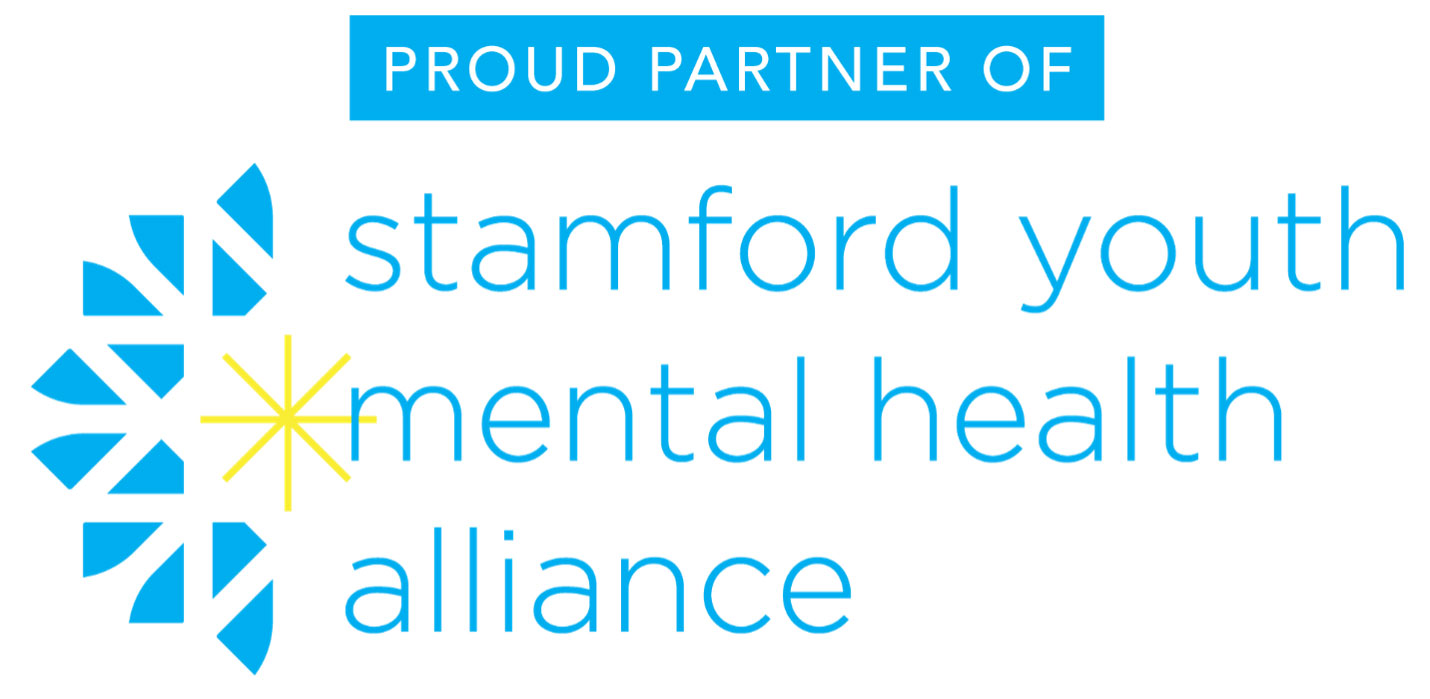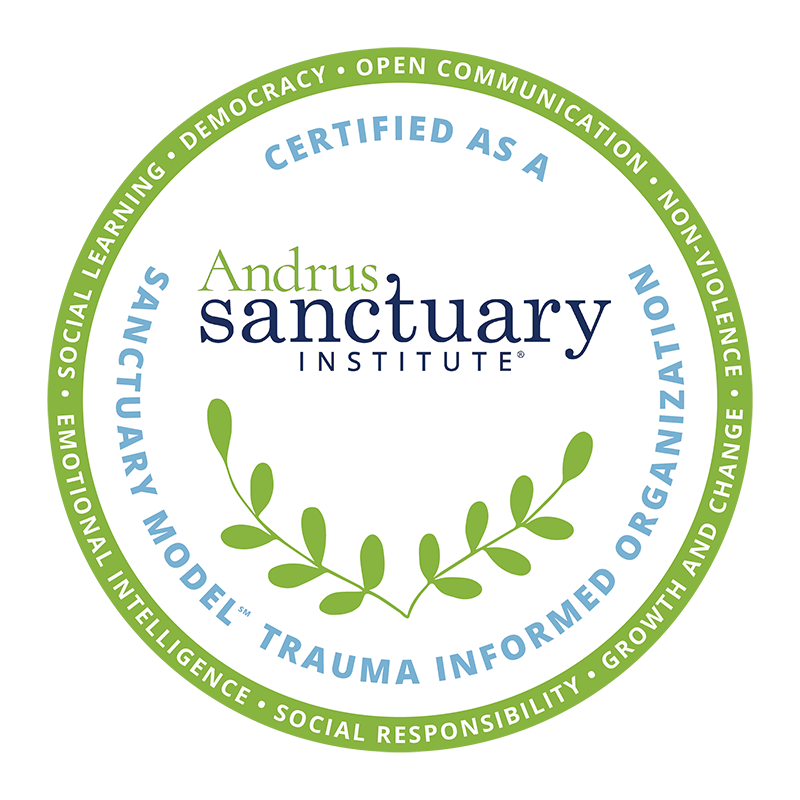Domus’ Summer Book Club 2024

Below are the final book options for our club.
Thanks for participating!
Any questions? Ask Julie.
Black AF (“as fuck”) History: The Un-Whitewashed Story of America, by Michael Harriott, 480 pages. Harriott is a true historian yet he knows he is telling a story and he is captivatingly factual and funny while doing it. He connects the dots of racism embedded in America with real-life relevant examples using colorful members of his family to drive home a point. Having the hardcopy as a ready reference is great, but this is one book where the audio version is a must-read.
E.A.R.L.: The Autobiography of DMX, by DMX & Smokey D Fontaine, 346 pages. Raised in the ghetto, abandoned as a child, addicted to drugs and women all his life but still able to produce four consecutive #1 hip-hop albums in a row…this is the life and times of the darkest and most dangerously introspective hip-hop artist ever—at the height of his career and completely uncensored. His real name is Earl Simmons. As a child, he placed higher on tests than his fellow students and liked to spend mornings with his mother and sisters playing games and making pancakes. But for young Earl—a boy growing up on the streets of Yonkers, New York—that kind of childhood didn’t last long. Beatings, abuse, and neglect very soon had him moving on to other things, like robbing, stealing, drugs, and, eventually, jail. Along the way, however, he found a talent and a passion for rhyme. After 27 years of chaos, struggle, and survival, DMX became one of the biggest stories in contemporary music. But his character goes beyond that. He’s also a father, a husband, and more importantly, someone who never gave up and never stopped chasing his dreams. He has dedicated his life and his music to expressing the thoughts and feelings of those who have never been heard before—just as he was never heard as a child.
The Anxious Generation: How the Great Rewiring of Childhood is Causing an Epidemic of Mental Illness, by Jonathan Haidt, 296 pages.Jonathan Haidt is a social psychologist, and in his newest book lays out the facts about the epidemic of teen mental illness that hit many countries at the same time. He then investigates the nature of childhood, including why children need play and independent exploration to mature into competent, thriving adults. Haidt shows how the “play-based childhood” began to decline in the 1980s, and how it was finally wiped out by the arrival of the “phone-based childhood” in the early 2010s. He presents more than a dozen mechanisms by which this “great rewiring of childhood” has interfered with children’s social and neurological development, covering everything from sleep deprivation to attention fragmentation, addiction, loneliness, social contagion, social comparison, and perfectionism. He explains why social media damages girls more than boys and why boys have been withdrawing from the real world into the virtual world, with disastrous consequences for themselves, their families, and their societies.
Poverty, By America, by Matthew Desmond, 304 pages.The United States, the richest country on earth, has more poverty than any other advanced democracy. Why? Why does this land of plenty allow one in every eight of its children to go without basic necessities, permit scores of its citizens to live and die on the streets, and authorize its corporations to pay poverty wages? In this landmark book, acclaimed sociologist Matthew Desmond draws on history, research, and original reporting to show how affluent Americans knowingly and unknowingly keep poor people poor. Those of us who are financially secure exploit the poor, driving down their wages while forcing them to overpay for housing and access to cash and credit. We prioritize the subsidization of our wealth over the alleviation of poverty, designing a welfare state that gives the most to those who need the least. And we stockpile opportunity in exclusive communities, creating zones of concentrated riches alongside those of concentrated despair. Some lives are made small so that others may grow. Elegantly written and fiercely argued, this compassionate book gives us new ways of thinking about a morally urgent problem. It also helps us imagine solutions. Desmond builds a startlingly original and ambitious case for ending poverty. He calls on us all to become poverty abolitionists, engaged in a politics of collective belonging to usher in a new age of shared prosperity and, at last, true freedom.
Monday’s Not Coming, by Tiffany D. Jackson, 435 pages.Monday Charles is missing, and only Claudia seems to notice. Claudia and Monday have always been inseparable—more sisters than friends. So when Monday doesn’t turn up for the first day of school, Claudia’s worried. When she doesn’t show for the second day, or second week, Claudia knows that something is wrong. Monday wouldn’t just leave her to endure tests and bullies alone. Not after last year’s rumors and not with her grades on the line. Now Claudia needs her best—and only—friend more than ever. But Monday’s mother refuses to give Claudia a straight answer, and Monday’s sister April is even less help. As Claudia digs deeper into her friend’s disappearance, she discovers that no one seems to remember the last time they saw Monday. How can a teenage girl just vanish without anyone noticing that she’s gone?
Last step:
Please tell us which ONE book you’re most excited to read and how you want to read it (paper book, Audible, Kindle, etc.).
Thanks!





